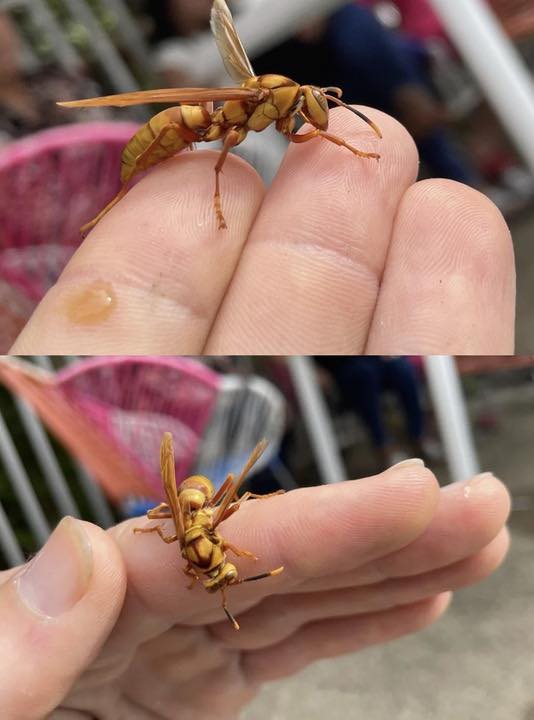Home Remedies: Vinegar and Other Natural Solutions
Vinegar, particularly apple cider or white vinegar, can be used to neutralize the venom’s alkalinity. Soak a cotton ball in vinegar and apply it to the sting for a few minutes to help reduce pain and inflammation. While not a cure-all, this remedy can provide some relief from the discomfort caused by the wasp sting.
When to Seek Medical Attention: Recognizing Severe Reactions
If you experience severe symptoms such as difficulty breathing, dizziness, or swelling of the face and throat, it is crucial to seek emergency medical help. Anaphylaxis can develop rapidly and requires immediate treatment, often involving an epinephrine injection (EpiPen). Even if the symptoms seem to improve, it’s important to get checked by a healthcare professional.
Preventing Future Stings: Tips to Stay Safe
To avoid future wasp stings, be cautious when outdoors. Avoid wearing bright colors or strong perfumes, as these can attract wasps. Keep food and drinks covered, especially sugary items that wasps are drawn to. If you spot a wasp nest near your home, it’s best to contact a professional to remove it safely. Prevention is key to reducing the risk of stings and the associated discomfort.
ADVERTISEMENT
